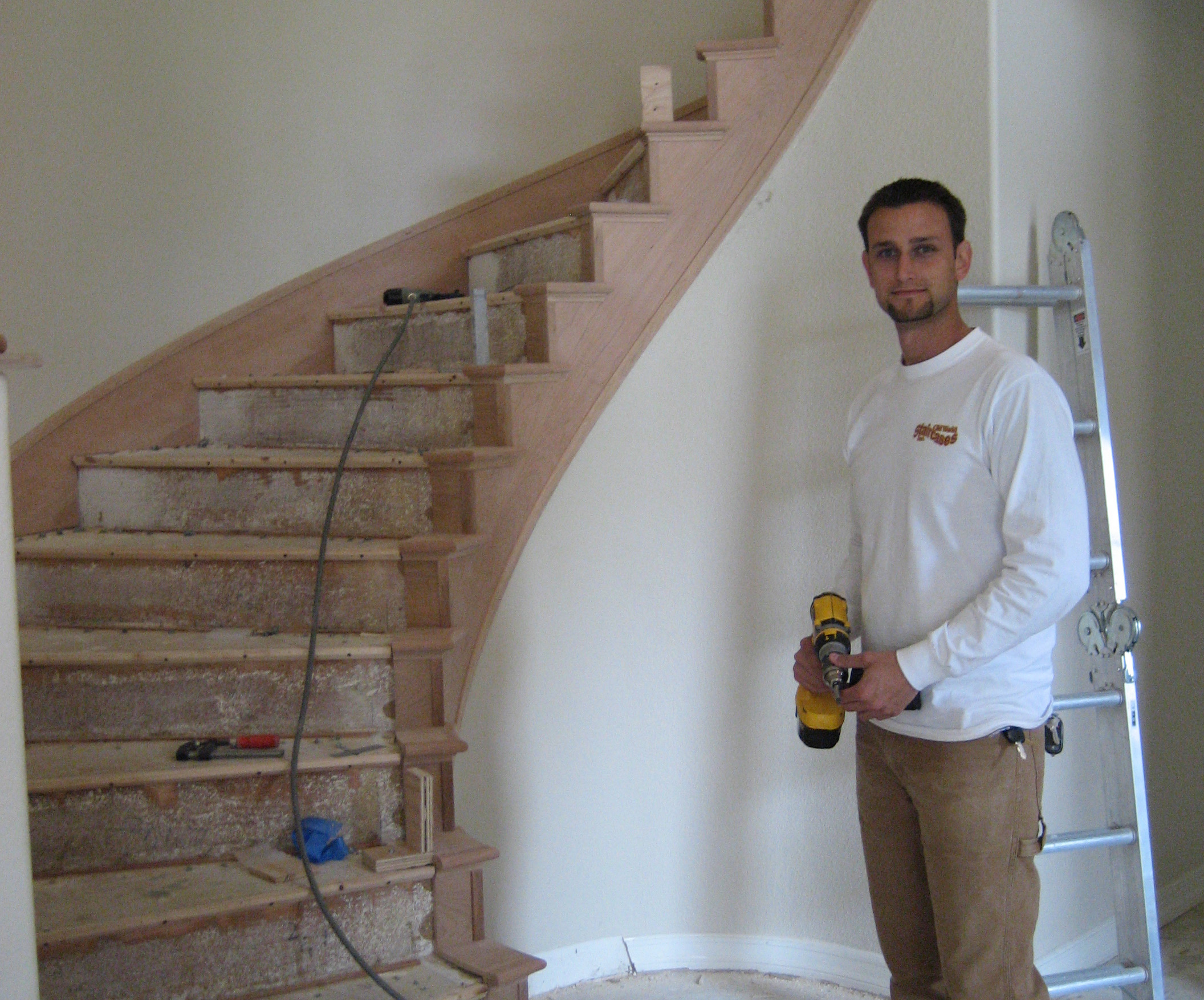
The Last Step Before The Crash
Realworld Economics
Freshly out of the military and attending community college, I found that my VA bill covered just enough for books, tuition, and half a month of rent in expensive Southern California. Making the decision to move there wasn’t the most logical, but after being stationed at Camp Pendleton for six months, I fell in love with the San Diego weather. For the rest of the time that I was in the military, I found myself daydreaming about surfing, running on the beach, and enjoying a SoCal burrito at an open-air Mexican restaurant.
Prior to joining the military, I worked countless low-paying, dead-end jobs—everything from delivering pizzas to making soy milk as a mixing blend operator. The one field that I had enjoyed the most, though, outside of the career I was pursuing in college, was carpentry. My father was a carpenter his whole life, and visiting him two weeks out of the year, I spent the days on job sites. While my dad was busy installing doors, doing framing, or applying gutters, I was busy making skateboard ramps and stilts. At an early age, I learned how to use tools that would be considered child neglect and endangerment now.
My girlfriend at the time had a family connection with an owner at a staircase company. They made old country staircases by hand using wood and iron. The majority of their work was done in a Spanish style that was popular from the mission influences in Southern California. With the introduction from the family friend, I was interviewed and hired within a week. The housing boom and exploding market created a high demand, and I was quickly thrown into the mix as a part-time wood millworker and, when needed, an onsite demo worker and journeyman assistant on builds.
The days went by fast, and using my hands and moving was the perfect balance to the heavy studying and sitting in lectures. The company was small and felt like a family. I found myself housesitting and helping whoever needed it within this new community. After a year, though, I started having concerns—not with the company itself or the people working there, but with the storm I saw on the horizon.
The overwhelming feeling of a looming financial crash weighed too heavily, and my conscience needed me to warn the ones around me. Walking into the office, the three business owners each had their own desk facing a wall in a U-shaped pattern. The smell of coffee and donuts filled the air, but my stomach, heavy with anxiety, would not allow me to eat.
The three owners were close friends and had a deep relationship. As I walked in, things got quiet. “I’ve got a concern. I’ve seen so many houses being built, and the prices have gone up so much. Now a small, modest home can only be afforded by the rich. These homes, built for a beginning family, can only be purchased by someone making a high income. This isn’t sustainable. This can’t keep going on like this. I’m worried that something big is about to happen.”
The founder of the company looked at me in denial. He decided that I was a foolish 24-year-old. My words were not in judgment, but of concern, hoping that they would prepare themselves for the looming threat. As the words came out of the founder’s mouth, I had the overwhelming feeling that my truth was an inconvenience to his plan.
Although I was disappointed, I also felt a sense of relief. I had warned the owners of the staircase company, and now my conscience whispered free. My anxiety lifted, but my sadness for their future grew. They had been very kind to me, and although they were ignorant of the financial market, my appreciation for them still stood. They had paid for the food that I ate, the roof over my head, and gave me a sense of friendship and community. Out of my appreciation for them, and knowing what was to come, I knew financially they would not be able to afford my labor. The next week, I resigned from the job and decided to pursue my own entrepreneurial spirit.
Two months later, the 2008 market crash played on the news 24/7. The price of homes, overinflated from easily attainable loans that needed no documentation, created a house of cards that collapsed in on itself when people started to no longer sell what they had paid for. Payments were defaulted. Homes were walked away from. And the world began to see the corruption and greed that led to the crisis.
With a heaviness in my chest and a deep sigh, my soul did not need to have my truth confirmed. I did not revel in being correct, but instead, I felt a sadness—not only for the ones who were innocent, but also for the ones who were so full of greed that they had brought this onto themselves. Out of arrogance and pride, we find ourselves making enemies out of the ones we love. We trade kindness for hurt, and peace for greed. This existence creates an illusion that the things around us are permanent, but they are always shifting and changing. Love, kindness, and gratitude are some of the few things that can persist.
The housing market crash caused an economic recession for years afterward, but my timing catapulted me into an e-commerce business that gave me flexibility and increased income. I often thought about the staircase company and the owners and at times considered calling them to see how they were doing, but my intuition already told me the answer. A mix of thankfulness and sadness hit me whenever I thought about my time there and after my warning felt like calling them, which just be cruel.